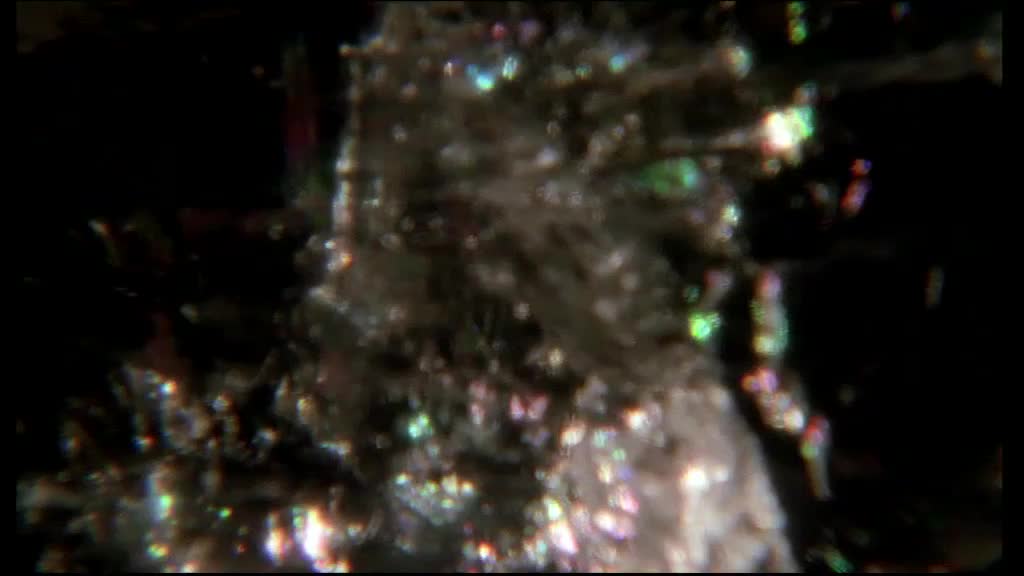Peter Brook,
Jean-Claude Carrière
1989.
France,
United Kingdom (Great Britain).
vo Anglès.
180’
El Mahabharata és un dels grans llibres de la humanitat. També és el poema més extens que mai s’hagi compost. Va ser escrit en sànscrit i te unes quinze vegades la longitud de la Bíblia. ‘Maha’ en sànscrit significa “gran” o “complet” i ‘bharata’ és el nom d’un personatge llegendari i el de la seva família o clan. Així, el títol pot ser entès com “La gran història dels Bharatas”. Però en un sentit ampli ‘bharata’ significa “hindú” i per extensió “home”, de manera que ‘mahabharata’ es podria traduir com “La gran història de la humanitat”. D’acord amb la majoria dels estudiosos, els esdeveniments narrats en el Mahabharata tenen una probable font històrica. Uns altres sostenen que la interpretació correcta del poema es troba en l’àmbit del mite. Finalment, altres assenyalen que la seva importància és la dels llibres d’ensenyament: política, social, moral i religiosa. I així veuen el Mahabharata com un tractat d’iniciació en l’art del bon govern. “Pel que fa a nosaltres, aquest immens poema, que flueix amb la majestuositat d’un gran riu, té la riquesa inesgotable que desafia tota anàlisi estructural, temàtica, històrica o psicològica. Les seves portes s’obren constantment a altres portes que condueixen a d’altres. No és possible tancar-lo. Les capes de subtextos, de vegades contradictòries, en segueixen d’altres i s’entreteixeixen sense perdre el tema central. El tema és una amenaça: vivim en un temps de destrucció; tot apunta en la mateixa direcció. Es pot evitar aquesta destrucció?” Peter Brook i Jean-Claude Carrière En l’entrevista que vam gravar amb Carrière, aquest ens va assenyalar un aspecte més, la visió del Mahabharata com un gran poema sobre l’oblit. La humanitat sembla oblidar constantment la font de la seva veritable naturalesa. La tradició a l’Ínia diu: “Tot és al Mahabhrata. El que no és allí no és enlloc.”
http://www.newspeterbrook.com/